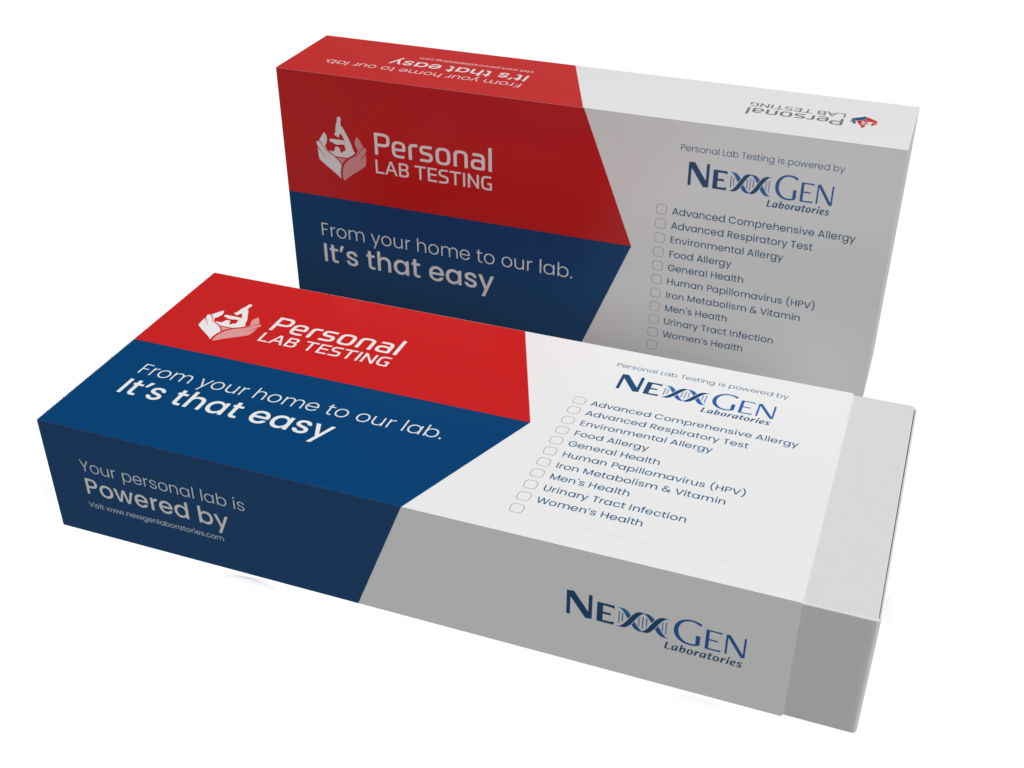Your Path to Wellness Is Our Goal
What we test in Nutritional Wellness
Our tests cover major food allergens like egg white, milk, peanut, soy, and wheat, as well as seafood allergens like crab, shrimp, tuna, and salmon. This comprehensive panel helps you make informed decisions and manage your exposures effectively.
Food Allergy Panel
The Food Allergy Panel is designed to detect sensitivities to common allergens that may impact your daily life. It covers major food allergens such as egg white, milk, peanut, soy, and wheat, which are staples in many diets, as well as seafood allergens like crab, shrimp, tuna, and salmon, which are frequent triggers for allergic reactions. This comprehensive panel provides insights into potential allergens in your diet and environment, helping you make informed decisions and take proactive steps to manage your exposures, ultimately improving your overall well-being.Iron Metabolism and Vitamin D
The Iron Metabolism and Vitamin D Test is designed to assess two critical components of your health: iron levels and vitamin D status. Iron is essential for producing hemoglobin, the protein in red blood cells that carries oxygen throughout the body. Low iron levels can lead to iron-deficiency anemia, causing symptoms like fatigue, weakness, and impaired immune function. On the other hand, too much iron can be harmful, potentially leading to organ damage. This test measures important markers of iron metabolism, including Ferritin and Alpha-Fetoprotein (AFP), to provide a clear picture of your body's iron balance. Vitamin D plays a key role in maintaining healthy bones and supporting the immune system. Insufficient vitamin D levels can lead to weakened bones, increased risk of fractures, and a compromised immune response. This test measures your vitamin D levels to ensure your body is receiving adequate amounts for optimal health. By understanding your iron and vitamin D status, you can take proactive steps to improve your energy, bone health, and overall well-being.Comprehensive Allergy Testing
This test provides a comprehensive view of potential allergens in both your diet and environment, empowering you with the information to make informed choices. The Food Allergy Panel focuses on detecting sensitivities to some of the most common allergens that could impact your daily life. Key food allergens tested include egg white, egg yolk, milk (including casein), peanut, soybean, wheat, and shellfish (such as shrimp and crab), which are frequent triggers of allergic reactions. Identifying these food sensitivities can help you avoid potential allergic responses such as digestive issues or skin reactions. In addition to food allergens, the panel also covers important environmental allergens like house dust mites (D. pteronyssinus and D. farinae), cat and dog dander, and mold allergens such as Aspergillus fumigatus, which are common in many homes and can lead to respiratory symptoms or skin irritations. By understanding your specific triggers, you can take steps to effectively manage your allergy symptoms and improve your overall health and quality of life.Managing Your Nutritional Health
Self-Care and Prevention Tips
Take proactive steps to manage your nutritional health. Understand your specific food allergies and nutrient levels to make informed dietary choices. Avoid potential allergens and ensure your body receives the necessary nutrients for optimal health. By understanding your specific food allergies and nutrient levels, you can:
- Make informed dietary choices that support your overall well-being.
- Avoid potential allergens.
- Ensure your body receives the necessary nutrients to maintain energy, immune function, and overall health.
Empower yourself to take control of your nutritional health and improve your quality of life. Shop our Nutritional Wellness Tests today to start your journey to better health.
Shop Nutritional Wellness Tests

Get Started with Your Home Test Kit
Shop Nutritional Wellness Products
$389.00

Comprehensive IgG Food Sensitivity w/ Candida + Yeast Panel
Uncover hidden reactions to 190 foods and yeasts for targeted dietary adjustments.$169.00

Food Allergy Test
This comprehensive 63 food allergy panel is designed for those experiencing recurring food sensitivities.$149.00

Advanced Comprehensive Allergy Test
This test measures your immune system's IgE antibody reactivity to a mixture of 44 Environmental and Food allergens.$225.00




